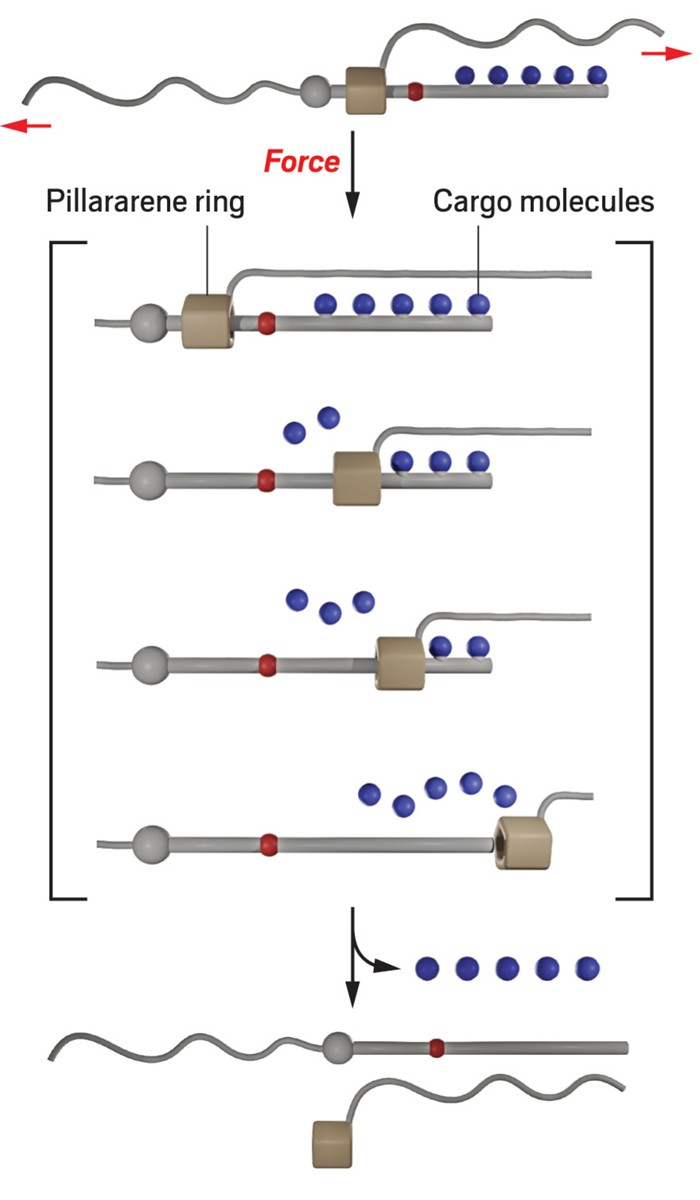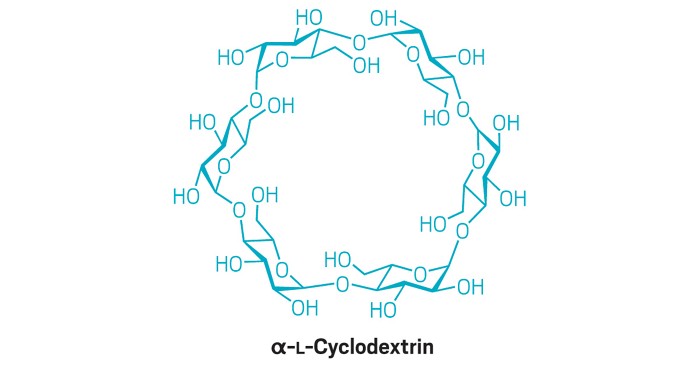Advertisement
Grab your lab coat. Let's get started
Welcome!
Welcome!
Create an account below to get 6 C&EN articles per month, receive newsletters and more - all free.
It seems this is your first time logging in online. Please enter the following information to continue.
As an ACS member you automatically get access to this site. All we need is few more details to create your reading experience.
Not you? Sign in with a different account.
Not you? Sign in with a different account.
ERROR 1
ERROR 1
ERROR 2
ERROR 2
ERROR 2
ERROR 2
ERROR 2
Password and Confirm password must match.
If you have an ACS member number, please enter it here so we can link this account to your membership. (optional)
ERROR 2
ACS values your privacy. By submitting your information, you are gaining access to C&EN and subscribing to our weekly newsletter. We use the information you provide to make your reading experience better, and we will never sell your data to third party members.
Synthesis
Important: Science Education
July 23, 2012
| A version of this story appeared in
Volume 90, Issue 30
The scientific experiments for which Michael Faraday was famous were, of course, planned to produce definitive results. But had he neglected to carefully communicate the results, James Clerk Maxwell never would have developed the electromagnetic wave theory and equations for radio waves, infrared heat, light, and X-rays on which most 20th-century technological advances rest. The communication problems Rudy Baum refers to in his editorials of May 28 (page 5) and June 4 (page 3) exist because scientists fail to do what Faraday knew was important 200 years ago.
Faraday’s formal education, as he himself wrote, “was of the most ordinary description, consisting of little more than the rudiments of reading, writing and arithmetic at a common day-school.” He understood that conveying information and ideas is the most important feature of both the scientific and liberal arts worlds. Science and liberal arts are not as different as we are led to believe. The arbitrary division between the two is a serious mistake.
To eliminate that divide, we must insist that the schooling and that which is taught become ergonomic so that our children are no longer bewildered or turned off by awkward, conceptually challenging theories before learning the elegant utility of what they are taught. Math and science should be exciting to most anybody when presented properly.
Consider the favorable reception that 21st-century electronic devices receive from those who ordinarily shun technological discussions. They enjoy the devices for their utility. Putting theories first and looking for applications later becomes make-work; presenting the utility of a technology that helps the students first, however, gives them a feeling of accomplishment.
It would be a mistake to try and make mathematicians or chemists out of everyone. We can win their respect only by demonstrating the utility of science and math in the first few grades. Doing so will engage more people in what math and the sciences can do. It might even persuade more of them to become chemists.
By James O B Wright
Sequatchie, Tenn.




Join the conversation
Contact the reporter
Submit a Letter to the Editor for publication
Engage with us on Twitter